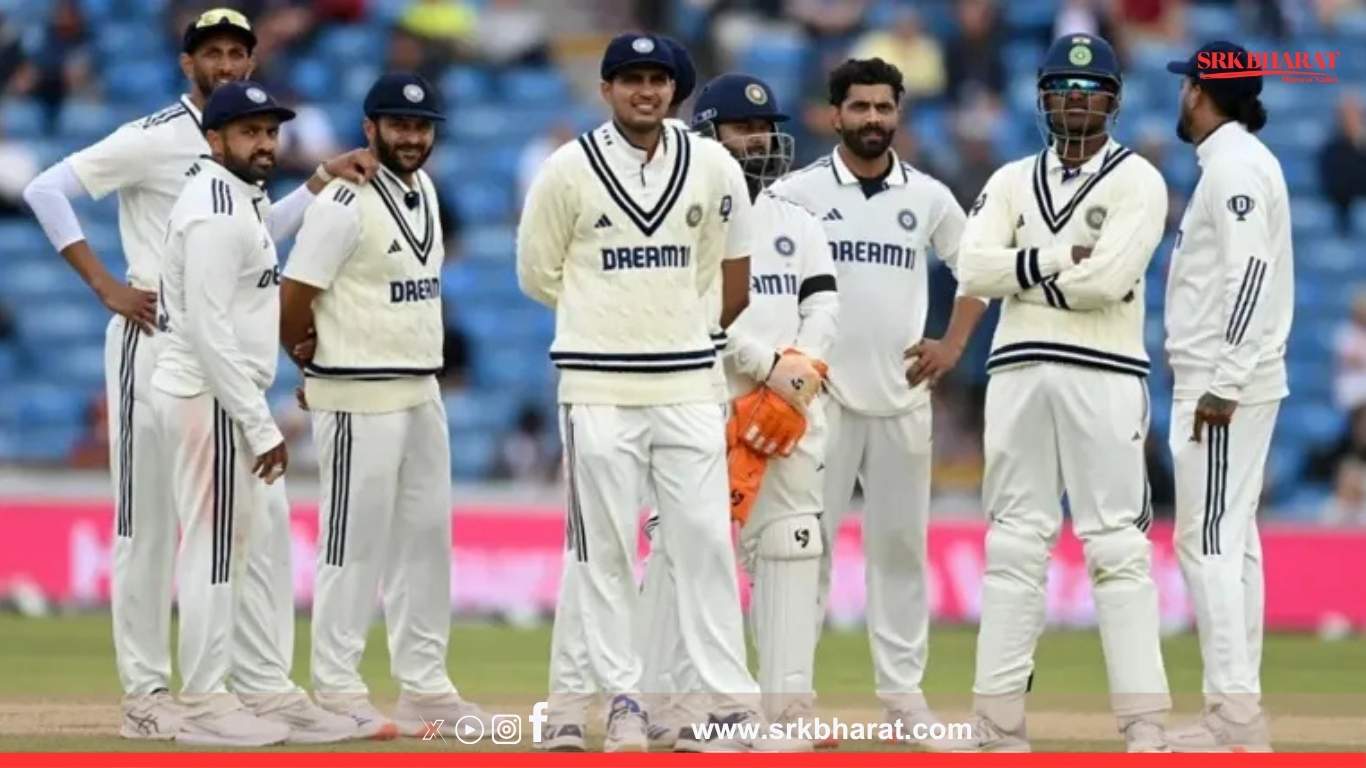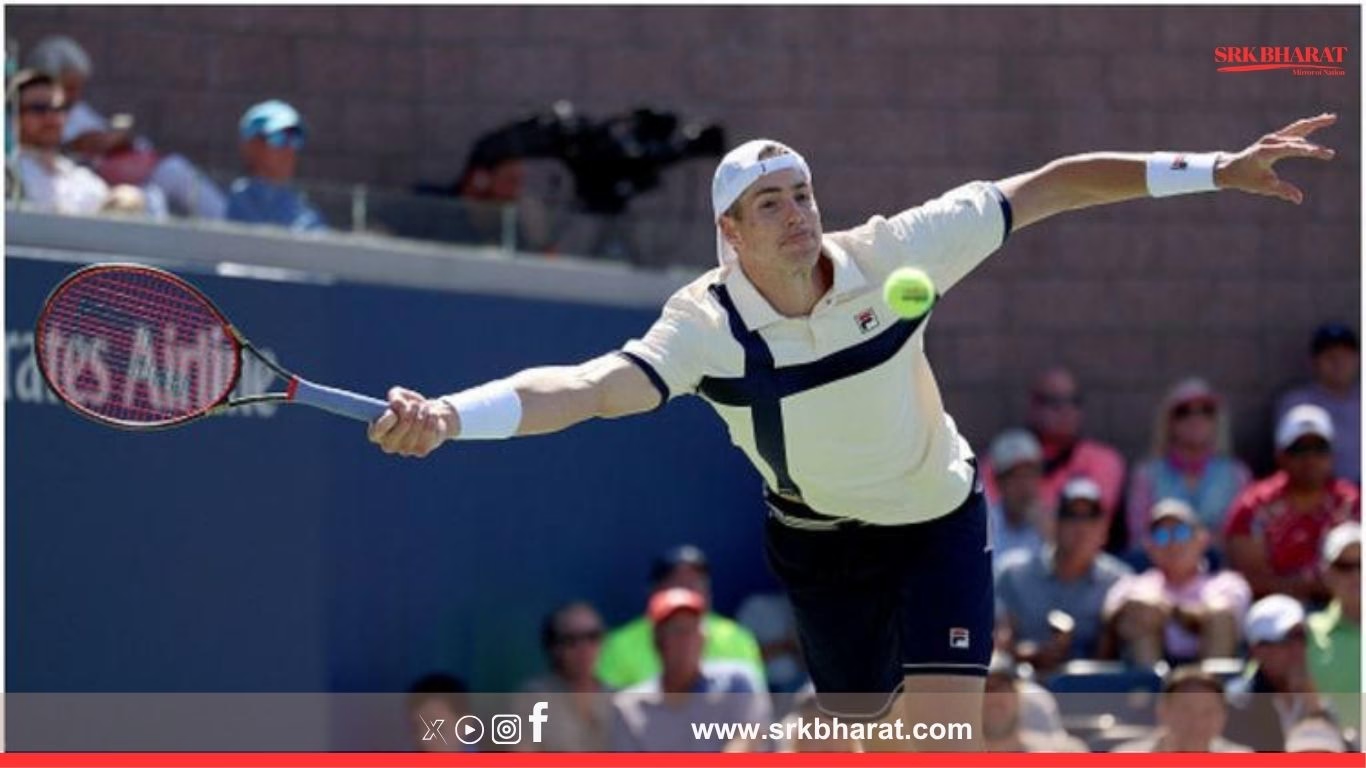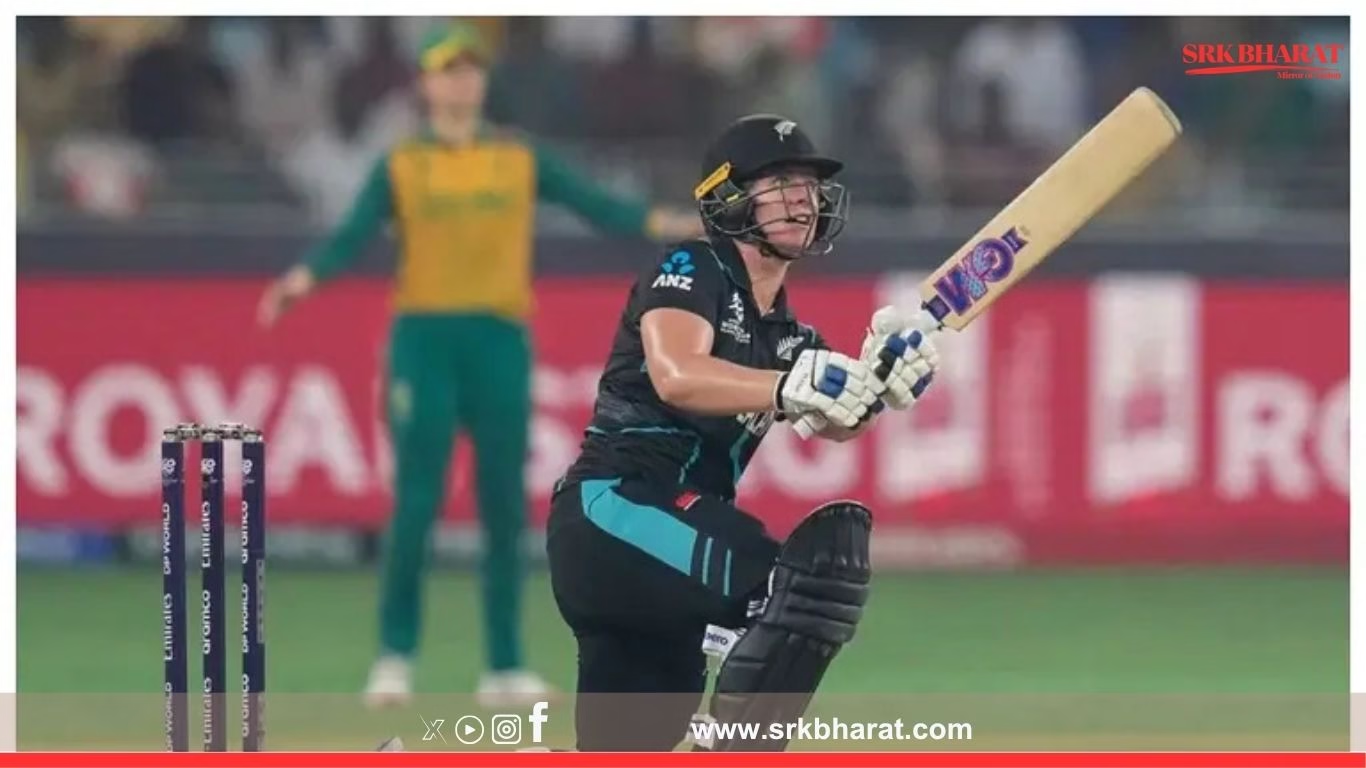The International Cricket Council (ICC) has rolled out a fresh set of playing condition changes across all formats, with a focus on speeding up gameplay, enhancing fairness, and tightening review protocols. While some rules are already in effect for the 2025–27 World Test Championship (WTC) cycle, others will be enforced from July 2, 2025, in white-ball cricket.
🕒 Stop Clock Now in Test Cricket
To combat slow over rates, the ICC has extended the stop clock rule—previously used in ODIs and T20Is—to Test matches. Under this rule:
- The fielding team must start a new over within 60 seconds of the previous one ending
- Two warnings will be issued for delays
- A five-run penalty will be imposed on the third offense
- Warnings reset after every 80 overs
💧 Saliva Rule Tweaked, Not Lifted
While the ban on saliva remains, umpires are no longer required to change the ball immediately if saliva is applied. Instead:
- Ball changes are now at the umpire’s discretion
- A change will occur only if the ball’s condition is visibly altered
- If the ball behaves unusually after saliva use, the batting side will be awarded five runs, but the ball won’t be replaced
📺 DRS Protocols Overhauled
The Decision Review System (DRS) has undergone key updates:
- In multi-mode dismissals (e.g., caught and LBW), if the first mode is ruled out, the second will now carry the original “out” decision
- This means an “umpire’s call” on ball-tracking for LBW will now result in the batter being given out, not not out as before
- In combined reviews (e.g., LBW and run-out), the TV umpire will assess incidents in the order they occurred, not by umpire/player referral hierarchy
🏏 Other Notable Changes
- No-ball reviews will still check the fairness of a catch
- Short-run penalties now allow the fielding captain to choose the striker
- Boards are encouraged to trial like-for-like player replacements in domestic First-Class cricket
These sweeping changes reflect the ICC’s push for greater consistency, pace, and integrity in international cricket.
🔁 Share this article to stay updated on the evolving rules shaping the future of the game.











